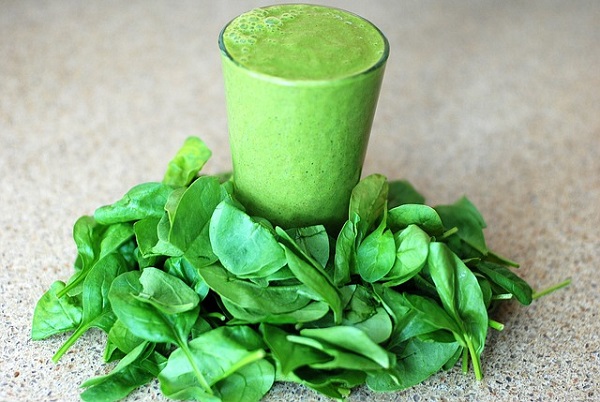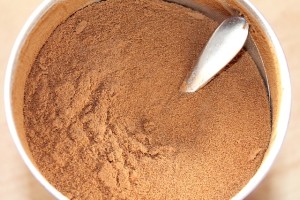
Contributed By: Crystal Karges, MS, RDN, IBCLC at Addiction Hope
A common question that recovering addicts may ask themselves is, “How much should I be eating”. What may seem simplistic can actually become quite complicated for a person who has struggled with substance abuse. An addiction to drugs and/or alcohol can cause an individual to lose their natural ability to regulate their food intake.
The process of recover itself can also bring about periods of irregular appetite. For example, in the detox phase of recovery, a person who has struggled with substance abuse may not necessarily feel hungry during this physically and emotionally intense time period.
Others may find themselves for inclined to food once practicing abstinence from the substance they had previously abused.
Finding Your Instinctive Hunger Cues
Many “meal guides” and meal plans may seem like a good way to follow some type of structure for eating, and in the initial phase of recovery, this may be a helpful way to start. As your body heals and as you begin to progress through your journey, you can become more in tune with your instinctive hunger and fullness cues.
Once you are tuned into these natural cues again, you can have a better understanding as to what your body needs. For some individuals, having three solid meals per day is adequate. For others whose nutrient needs may be higher, it may be necessary to eat more frequently throughout the day by having snacks between meals.
Incorporating Snacks to Help Restore Health
 The need for snacks is solely based on one’s nutritional needs at that particular moment, and this can vary during different phases of life. In the early phases of addiction recovery, a person’s nutrient needs might be quite higher than the average person.
The need for snacks is solely based on one’s nutritional needs at that particular moment, and this can vary during different phases of life. In the early phases of addiction recovery, a person’s nutrient needs might be quite higher than the average person.
This can be due to wasting of the body, chronic diseases, and more. With higher nutrient needs, it may be easier to meet these demands by incorporating snacks throughout the day.
Making Snacks an Intentional Part of the Day
Snacks should be an intentional part of eating, not just mindless eating. To optimize nutrition, plan snacks that will offer your body a variety of nutrients and help maintain satiety throughout the day. This might include:
- Fresh fruits
- Vegetables
- Whole grains
- Low-fat dairy
- Lean protein
- Nuts and seeds
Incorporating snacks into your diet can be a helpful way to ensure you are getting the nutrition your body needs on a daily basis, particularly if you are a recovering addict. If you are unsure about how to approach your diet, work with a Registered Dietitian, who can help you determine what type of meal plan is right for you!
Community Discussion – Share your thoughts here!
Have you felt confusion about snacking during the day? What are your thoughts about eating snacks between meals versus having three solid meals?
Last Updated & Reviewed By: Jacquelyn Ekern, MS, LPC on March 13th, 2015
Published on AddictionHope.com
